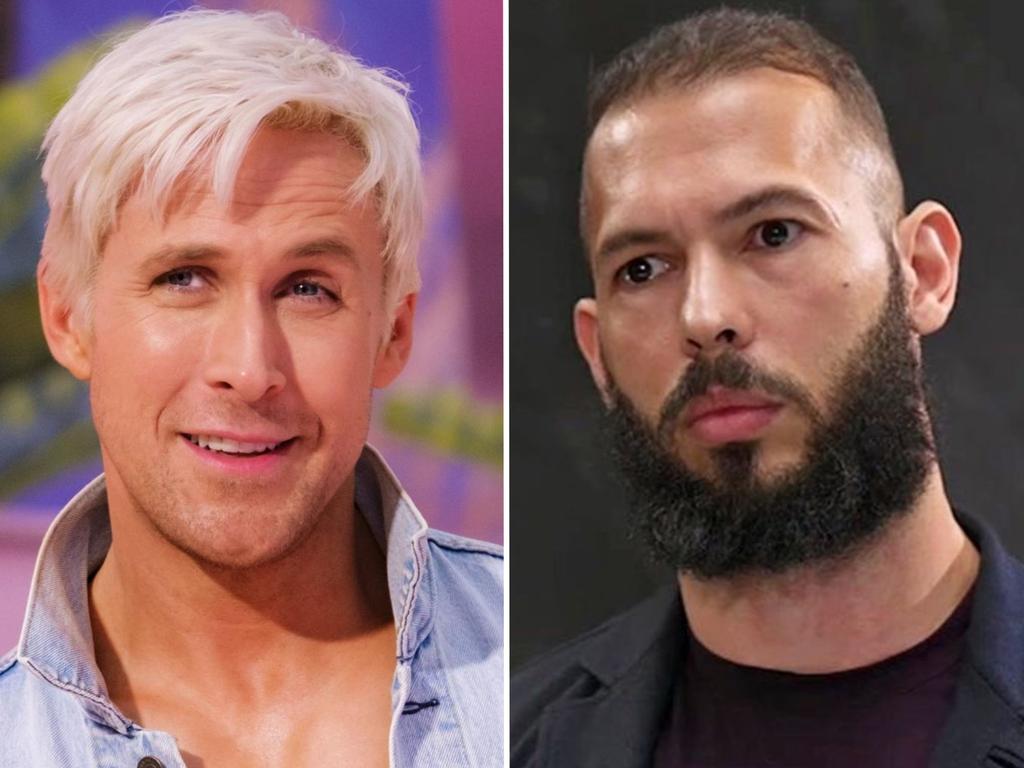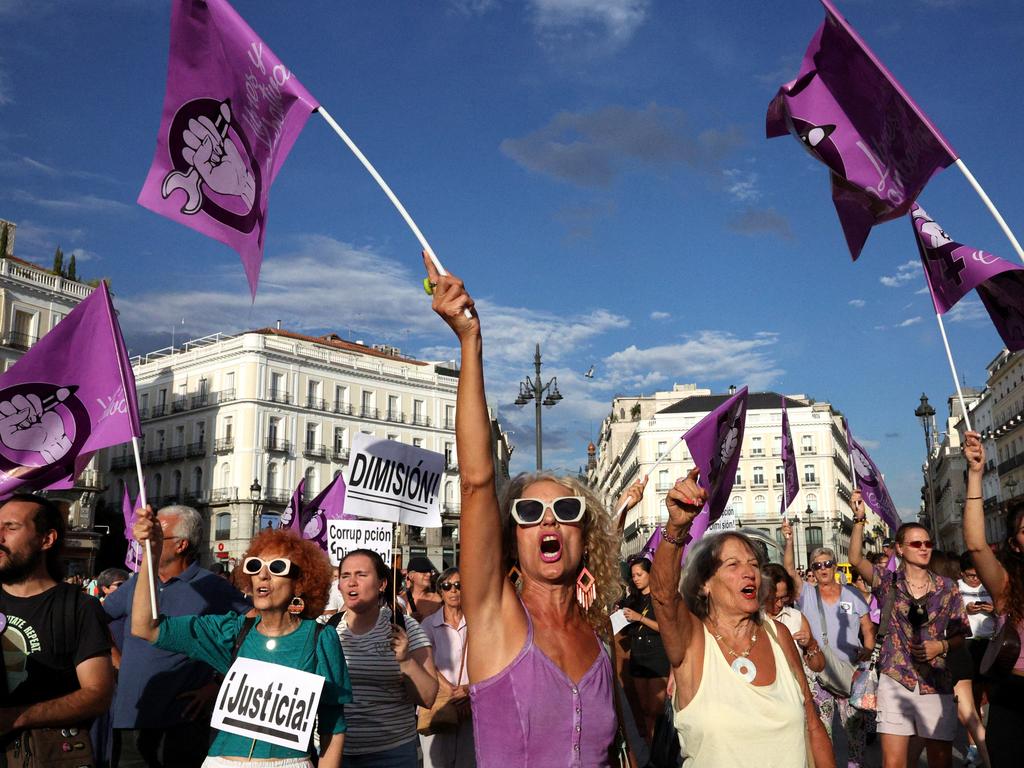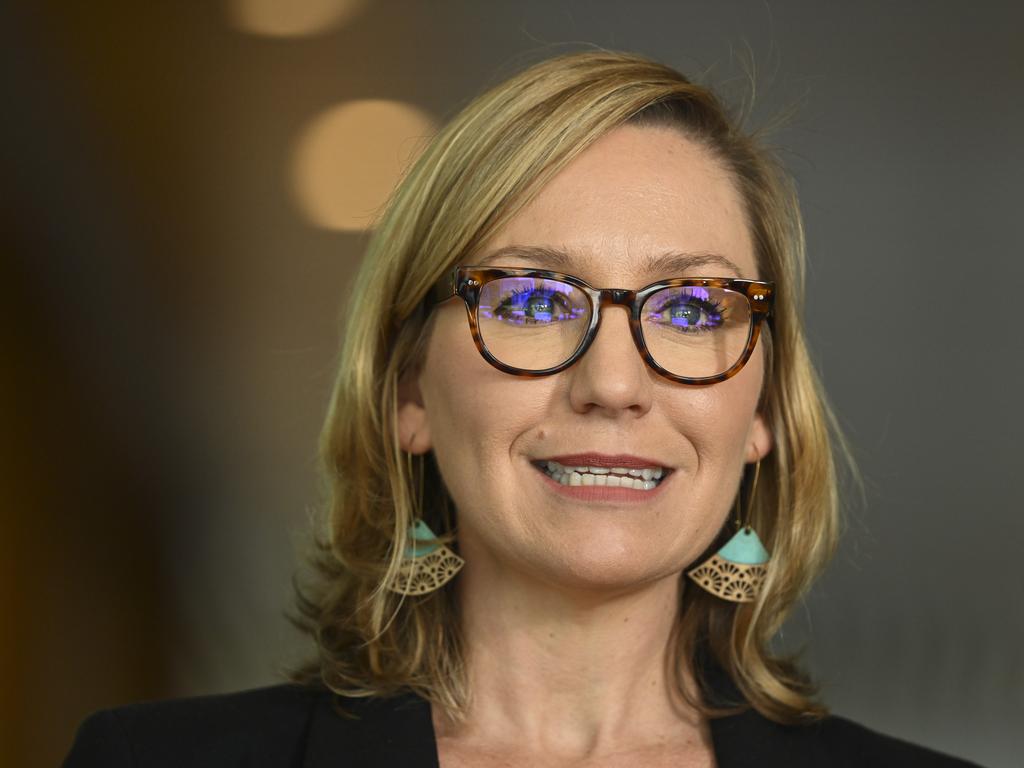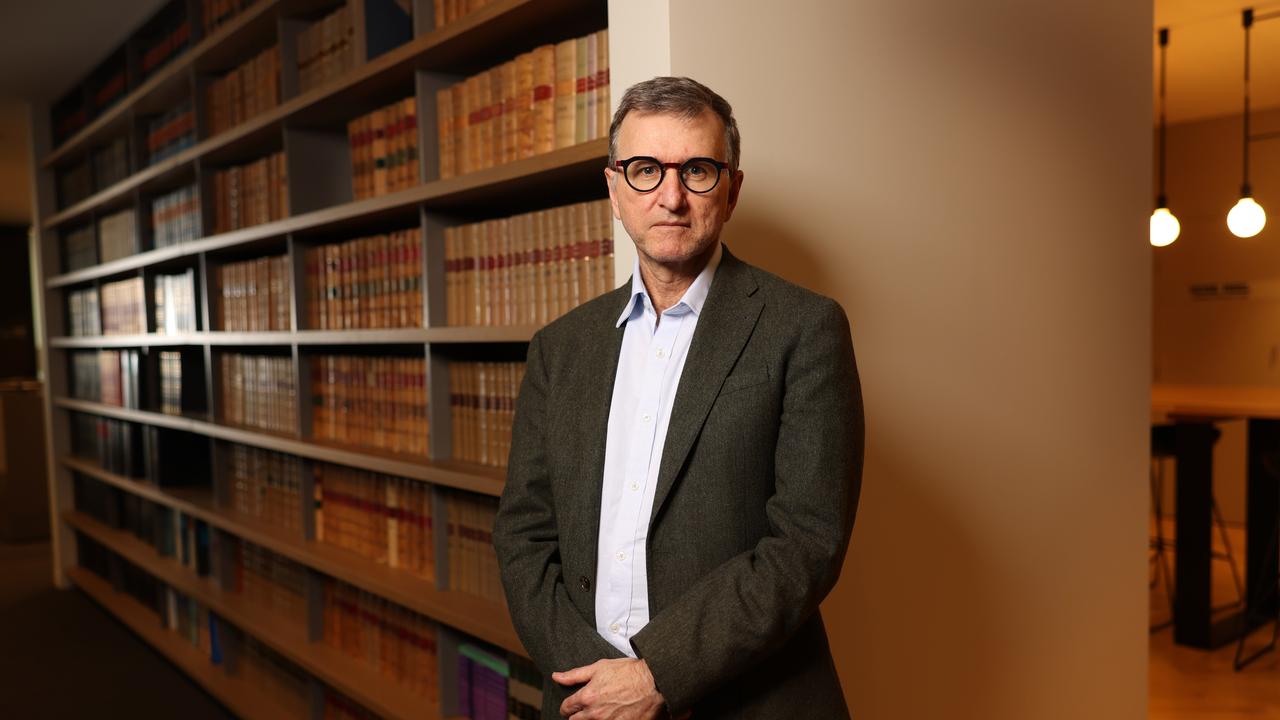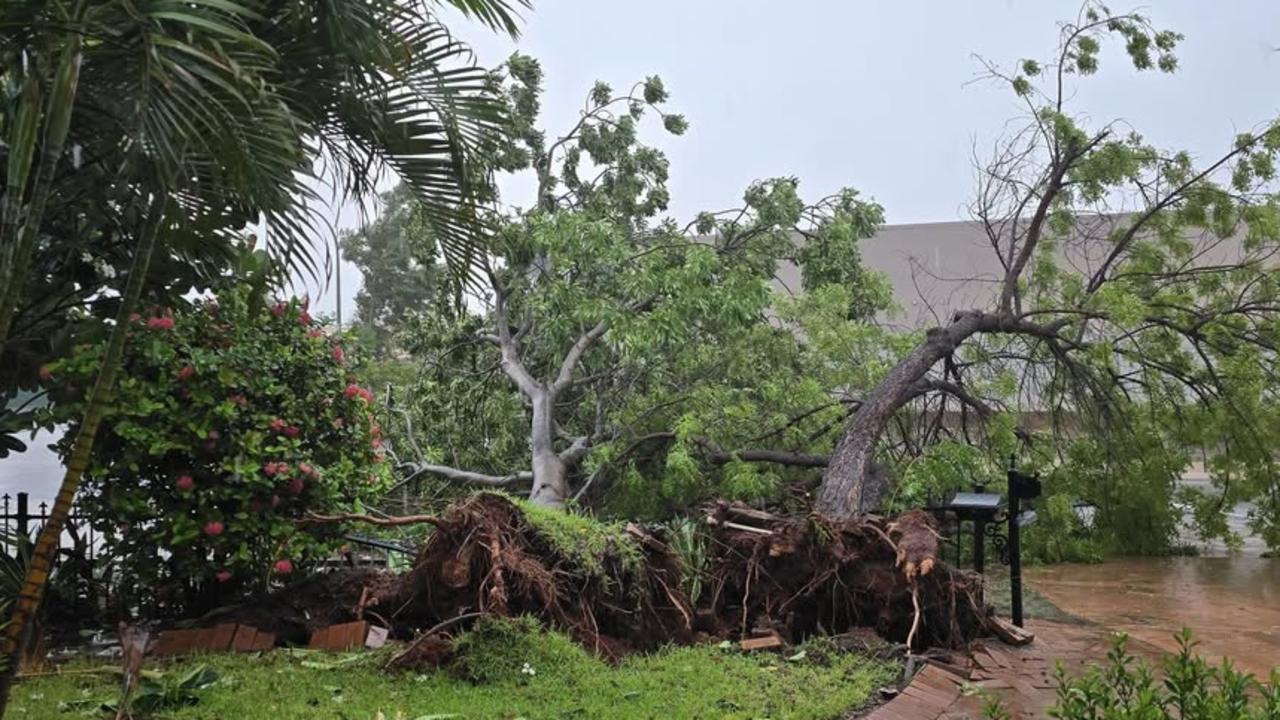Equality ‘trailblazers’ matched by ‘rejectors’
Do you consider yourself a trailblazer for boosting gender equality, or sceptical that differences in opportunity between the sexes exist?
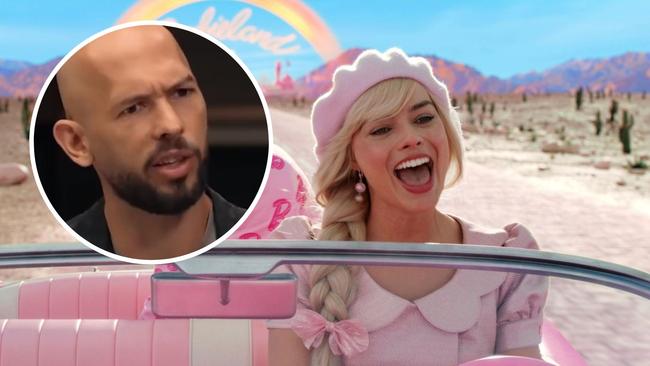
Nearly the same proportion of Australians believe equality for women has gone too far as believe equality between the genders is a dire issue, according to new research.
And while there was almost universal support for a gender-equal society with 90 per cent of Australians reporting men and women should have the same rights and opportunities, 54 per cent per cent agreed men and boys can be confused about what is expected of them nowadays.
The research was conducted by Plan International, a global development charity which strives to advance children’s rights and equality for girls, who carried out a survey of 2522 Australians to categorise people into six groups based on their views toward gender equality, ranging from “trailblazers” to “rejectors”.
Plan International chief Susanne Legena said the purpose of the groundbreaking research was not to cast moral judgment but to understand the most effective ways of communicating with them based on their beliefs, behaviours and values.
“This research says there are actually a lot of Australians who do care about this issue, but I don’t think the way we have been talking about it with them is in a way that means anything to them or that they want to do anything about it,” she said.
“Now I think it is less about talking and more about how to better target them.
“It might be among some of those groups, the powerful allies will be men talking to other men.”
According to the research, “trailblazers” made up 19 per cent of Australians who are “hopeful about the issue and strongly support measures to address inequality yet are also frustrated, concerned, and think equality remains a fair way off”.
Of this segment, 72 per cent are female, 27 per cent are male and 1 per cent identified as trans or gender diverse. They tended to skew younger in age, to not have children and live in major cities. About 30 per cent are based in regional areas.
But 17 per cent of the population have been dubbed “rejectors” who tend to believe “gender equality is no longer an issue and change for equality for women has gone too far”, according to the report. It is men's experience of gender discrimination they are concerned with.
While there are key differences in characteristics with the trailblazer group, including that the majority of rejectors are male and skew older in age, they also share key similarities such as the majority do not have children and live in major cities. Both groups most valued “feeling safe and secure”, while for the trailblazers fairness and equal opportunities were their next priority compared with rejectors who ranked their personal freedom as their next most important priority.


